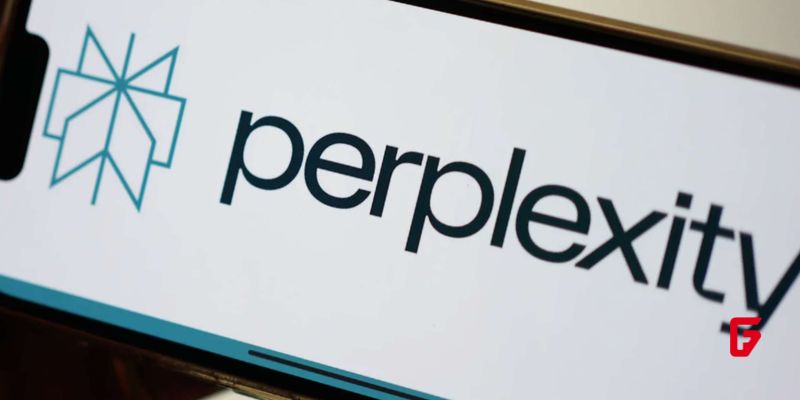The world of mobile browsing is about to get a significant upgrade. Perplexity AI, the fast-growing artificial intelligence search startup backed by Nvidia, is making waves by holding talks with leading smartphone manufacturers to pre-install its Comet browser on next-generation mobile devices. This bold move signals not just a challenge to Google’s dominance in the browser market, but a shift in how users interact with information and AI-driven tools.
What Makes Comet Stand Out?
Unlike conventional browsers, Comet is designed as more than just a portal to the web. Built on the robust Chromium engine, it integrates advanced agentic AI capabilities right into the browsing experience. Users can do much more than search: Comet enables summarizing webpages, scheduling meetings, responding to emails, and interacting with personal data like calendars and emails—all from within the browser itself.
Key Comet features include:
A streamlined interface that allows direct question-asking about user-specific data (emails, calendars, browsing history).
The ability to summarize content, extract key information, and perform multi-step tasks with minimal human input.
Emphasis on user privacy and on-device processing, reducing reliance on cloud servers for sensitive actions.
Challenging Entrenched Giants
The challenge is formidable. Google Chrome currently commands around 70% of the mobile browser market, with Apple’s Safari and Samsung’s native browsers making up most of the rest. By aiming for pre-installation, Perplexity is targeting the same type of “default app stickiness” that has long ensured Google’s browser dominance. CEO Aravind Srinivas acknowledges it will be tough to persuade manufacturers to replace default browsers, but the rewards are massive: a foothold in front of potentially “tens to hundreds of millions” of daily mobile users.
Pre-Installed Partnerships: Early Progress and Ambitions
Perplexity’s strategy is already bearing fruit:
Motorola Partnership: In April 2025, Perplexity announced a global partnership with Motorola. Select devices—including the Razr and Edge 60 series—come with Perplexity’s AI system pre-installed and optimized for voice commands and external displays.
Talks with Samsung and Apple: Discussions are reportedly underway to bring Comet’s AI capabilities to other major platforms, potentially integrating features with assistants like Bixby and Siri.
International Expansion: In India, a partnership with telecom giant Airtel offers customers a year of free Perplexity Pro, propelling Comet to the top of iOS download charts, even above ChatGPT.
Reimagining Browsing: From Search to Agentic Assistance
Perplexity isn’t alone in this race. OpenAI and Google are reportedly developing their own next-generation AI browsers, each with an eye on automating more complex tasks—think travel bookings or form filling—directly from within the browser. But Comet’s approach, dubbed ‘agentic browsing’, aims to move users from passive searching to active real-time digital assistance.
This technological leap means:
Users get direct answers instead of just a list of links.
Browsers become autonomous digital agents, capable of multi-step problem solving.
Traditional reliance on ads (as seen with Google) is minimized—at least for now, Perplexity runs Comet without ads.
What’s Next for Comet and Mobile AI?
As Comet expands from a limited beta (currently available only to desktop users with a premium plan) to broader mobile rollouts, the race for AI browser dominance is heating up. Perplexity’s latest funding round values the company at $18 billion, highlighting the faith investors have in an AI-powered, user-centric future.
For users and the tech industry, the arrival of AI-first browsers like Comet signals the start of a new era. The browser is no longer just a gateway—it’s turning into an intelligent companion designed to automate, anticipate, and adapt to personal digital needs like never before.
As the competition intensifies, the evolution of the humble browser could redefine the way we all interact with technology every day.














